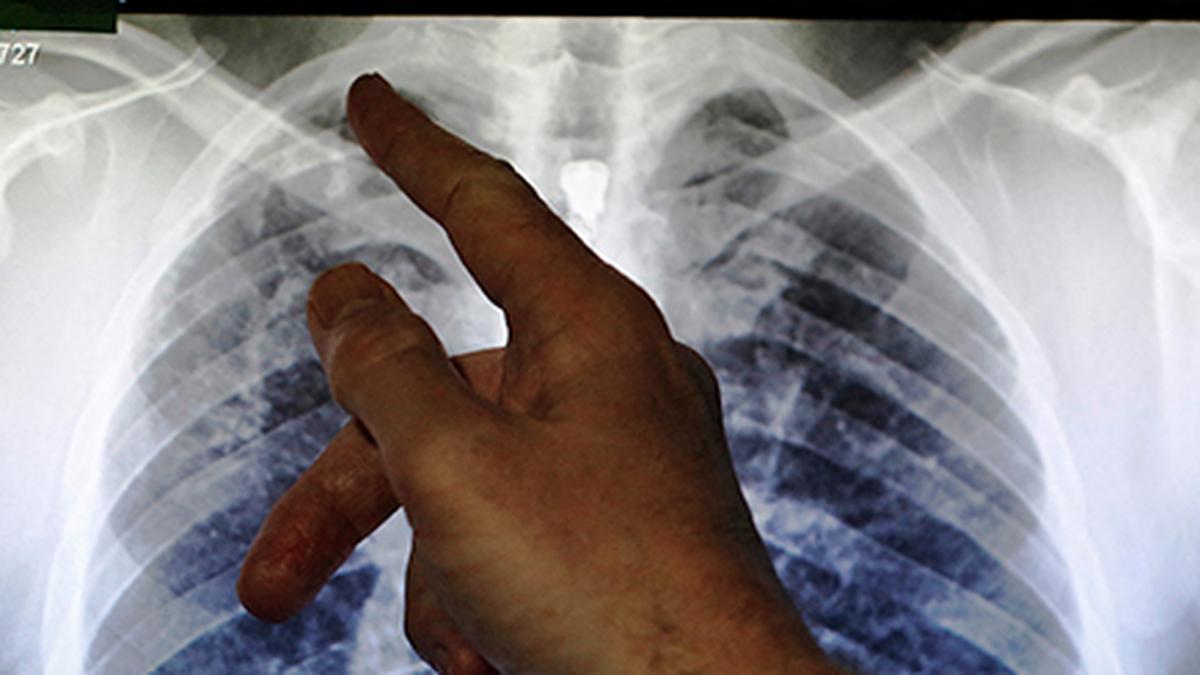Science
Maharashtra Integrates TB Screening into Medical Training Programs

The Maharashtra health department has initiated a significant strategy to enhance Tuberculosis (TB) screening efforts by integrating Active Case Finding (ACF) activities into the Family Adoption Programme (FAP) run by medical colleges. This decision aims to expedite the identification of individuals with presumptive TB, a critical step in combatting the disease’s impact in the region.
Dr. Sandeep Sangale, Joint Director of the Maharashtra State Health Services (TB and Leprosy), issued a directive to medical colleges and universities to incorporate TB screening into their FAP frameworks. The integration of ACF is part of the broader National Tuberculosis Elimination Programme (NTEP), designed to locate and assist those who may be suffering from TB but have not yet been diagnosed.
The initiative builds on the success of a pilot program conducted by Bharati Vidyapeeth Medical College in Pune, in collaboration with the District TB Unit. This program successfully implemented community screening for TB through door-to-door visits in rural areas. The proposal for this integration was developed by a team including Swathi Njarekkattuvalappil, Saibal Adhya, and Sanjivani Patil from Bharati Vidyapeeth Medical College, alongside Sanjay Darade from the Pune District TB Centre.
According to the proposal, Maharashtra hosts approximately 80 medical colleges, both government and private, with an average annual intake of 150 students per institution. Each student, as part of the FAP, will follow up with five households over a three-year period. This initiative has the potential to facilitate TB screenings for around 60,000 households, impacting approximately 240,000 individuals each year.
Njarekkattuvalappil highlighted the pilot program’s focus on providing hands-on experience to medical students, emphasizing the importance of training them to effectively identify symptoms of TB for early diagnosis and treatment. The pilot was launched in September 2022, with five batches of 30 to 35 MBBS students working in four villages within the Pune district, including Bhukum and Ambarwet grampanchayats. During this campaign, 959 individuals were screened, resulting in the identification of 10 cases of presumptive TB.
The selection of Paud for the pilot was strategic, given that it reported 1,057 TB cases in 2022, constituting 13% of Pune Rural’s total notified cases. As one of the leading states contributing to India’s TB burden, Maharashtra documented approximately 234,000 cases in 2022, accounting for about 10% of the national total. Alarmingly, nearly 64% of symptomatic individuals in India do not seek healthcare, primarily due to a lack of awareness and disregard for symptoms.
In response to the integration notice, Njarekkattuvalappil stated, “We will be holding meetings next week with medical deans, directors, and district medical officers to explain the process and share all important aspects of the study, including the questionnaire.” This proactive approach reflects the state’s commitment to enhancing TB detection and treatment through education and community outreach.
As the Maharashtra health department moves forward with this initiative, the collaboration between medical colleges and public health efforts could play a crucial role in reducing the prevalence of TB and improving health outcomes across the state.
-

 World5 months ago
World5 months agoSBI Announces QIP Floor Price at ₹811.05 Per Share
-

 Lifestyle5 months ago
Lifestyle5 months agoCept Unveils ₹3.1 Crore Urban Mobility Plan for Sustainable Growth
-

 Science4 months ago
Science4 months agoNew Blood Group Discovered in South Indian Woman at Rotary Centre
-

 World5 months ago
World5 months agoTorrential Rains Cause Flash Flooding in New York and New Jersey
-

 Top Stories5 months ago
Top Stories5 months agoKonkani Cultural Organisation to Host Pearl Jubilee in Abu Dhabi
-

 Sports4 months ago
Sports4 months agoBroad Advocates for Bowling Change Ahead of Final Test Against India
-

 Science5 months ago
Science5 months agoNothing Headphone 1 Review: A Bold Contender in Audio Design
-

 Top Stories5 months ago
Top Stories5 months agoAir India Crash Investigation Highlights Boeing Fuel Switch Concerns
-

 Business5 months ago
Business5 months agoIndian Stock Market Rebounds: Sensex and Nifty Rise After Four-Day Decline
-

 Sports4 months ago
Sports4 months agoCristian Totti Retires at 19: Pressure of Fame Takes Toll
-

 Politics5 months ago
Politics5 months agoAbandoned Doberman Finds New Home After Journey to Prague
-

 Top Stories5 months ago
Top Stories5 months agoPatna Bank Manager Abhishek Varun Found Dead in Well









